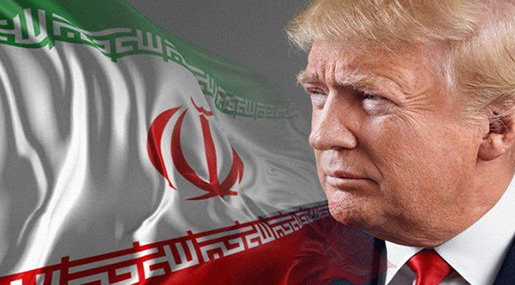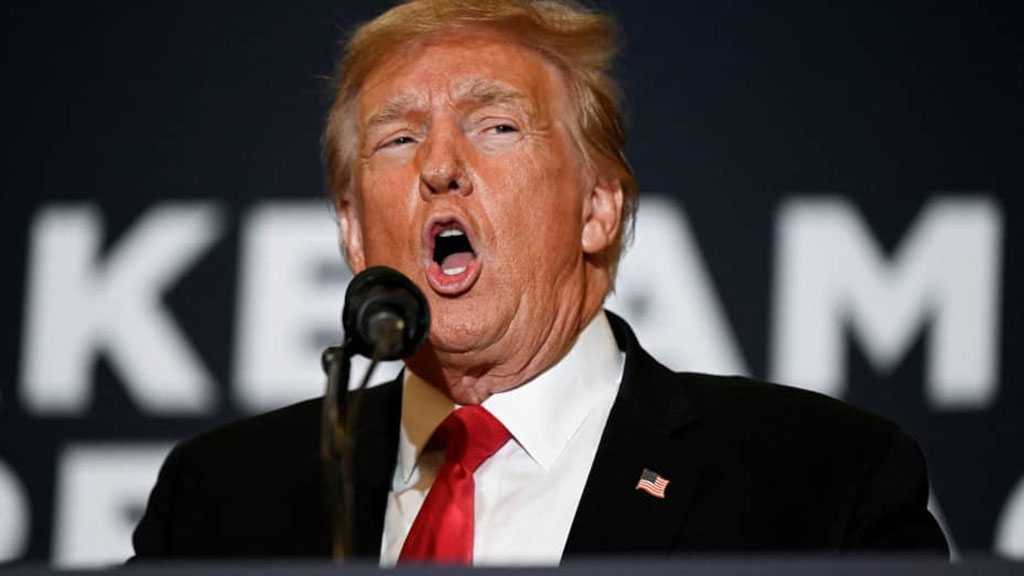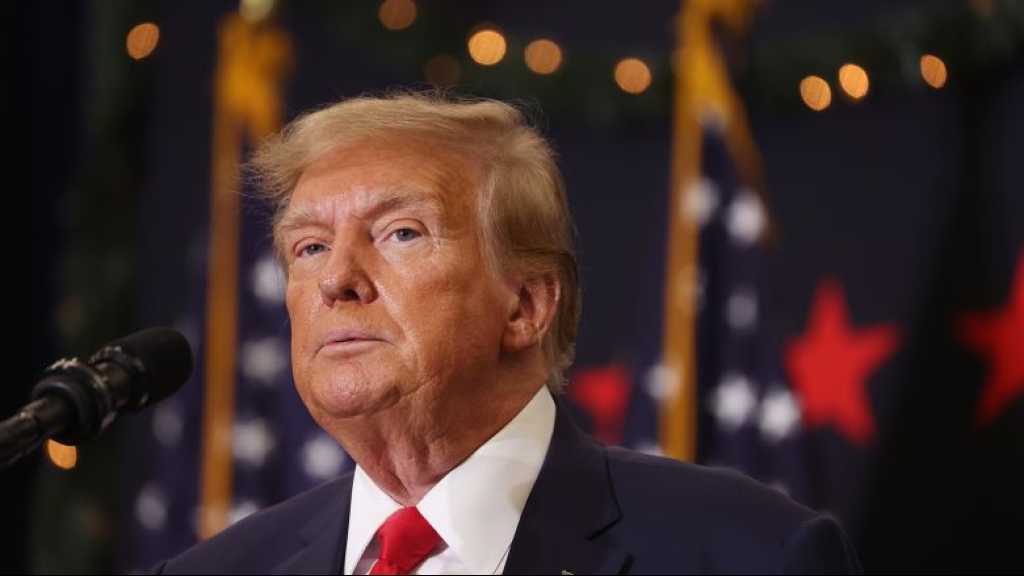
Trump is Not Withdrawing from Iran Nuke Deal

Local Editor
"President Donald Trump will not be killing your precious Iran nuclear agreement," said Eli Lake in his article in Bloomberg addressing former Obama Administration officials, European diplomats or arms-control advocates.

It is true that US President Donald Trump is expected to decertify Iranian compliance with the Joint Comprehensive Plan of Action. Which would indeed throw the matter to Congress, which then has 60 days to re-impose crippling sanctions.
But none of that means the US will be unilaterally withdrawing from the nuclear deal.
If Trump wanted to re-impose secondary sanctions on Iran's oil exports and banking system, he could order the US Treasury Department to do that on his own. He doesn't need to decertify Iranian compliance through the 2015 Iran Nuclear Agreement Review Act.
In this sense, Trump's gambit to decertify the deal is similar to President Barack Obama's decision in 2013 to ask Congress to authorize airstrikes against Syria after the regime's chemical attacks on civilians. He's pretending he needs congressional permission to do something he can do on his own.
Then there is the quiet campaign already underway from the White House to reach out to Democrats and Republicans to prepare them for Trump's big decision on decertification.
This week National Security Adviser H.R. McMaster met with a group of Democratic senators, in part to assure them that the White House is not asking Congress to re-impose the sanctions. A similar message has been delivered to prominent Republican critics of the Iran deal, who one would normally expect to seize the opportunity to kill the nuclear agreement. As CNN's Elise Labott and Zachary Cohen reported this week, Secretary of State Rex Tillerson is also urging Congress to consider changing elements of the Iran Nuclear Agreement Review Act in preparation of the decertification decision.
So far, it looks like the White House will get its wish. No less an Iran deal skeptic than Republican Senator Tom Cotton has already said he does not intend to push for sanctions once the 60-day clock starts in Congress. At the Council on Foreign Relations on Tuesday, Cotton said that would be a "backward-looking step." Instead, Cotton said, "Congress and the president, working together, should lay out how the deal must change and, if it doesn't, the consequences Iran will face."
White House and congressional staff tell me the conversations have already started on broad outlines for how to reform the review legislation to address restrictions of the deal that are in effect for only a limited time, as well as Iran's testing and development of ballistic missiles and the weak inspections regime for suspected military sites. Iranian officials have repeatedly said international inspectors cannot gain access to those sites.
Finally there are almost certainly not enough votes in the Senate to re-impose the sanctions. Already Senator Rand Paul, the libertarian Republican from Kentucky, has warned the Trump administration not to blow up the Iran nuclear deal. Senate sources tell me they don't expect Republicans Jeff Flake or Susan Collins to support sanctions either. Meanwhile, the American "Israel" Public Affairs Committee, which has supported tough sanctions on Iran historically, is signaling on the Hill that it supports a bipartisan approach to Iran after decertification. Considering almost all Democrats voted for the deal in 2015, it's unlikely at this point that the lobby will push for something that would constitute a US withdrawal from the nuclear agreement.
According to the Report, Democrats do have grounds for concern. Jake Sullivan, who served as Hillary Clinton's national security adviser during the campaign said: "This whole dance around decertification has soaked up all the energy and attention of the United States and the world, so all eyes are on Washington instead of Tehran. We are in a weaker position to rally the world to keep Iran in a box."
Sullivan may be right. But that's a far cry from what many Democrats have been saying about Trump's pending decision on the Iran agreement. Obama's former deputy national security adviser, Ben Rhodes, tweeted on Thursday: "Trump risks sliding into war with Iran or an unconstrained Iranian nuclear program for no reason other than ego and targeting Obama legacy."
This is precisely what Trump would like his supporters to think. But it's just not true. The reality is that Trump is asking Congress to codify the terms of a better Iran nuclear deal so that it can be used as leverage with European allies to push Iran for more concessions. If the president wanted to get the US out of the nuclear deal, he would have done it already.
Source: Bloomberg, Edited by website team
Comments



